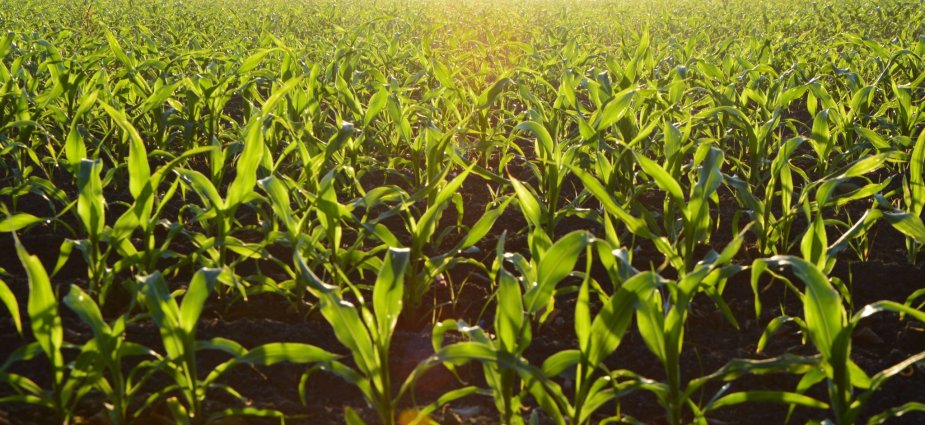Australia currently generates around 50 million tonnes of waste each year and 7.6 million tonnes of this is food waste. With available areas for landfill slowly diminishing, the need to establish cost effective and sustainable alternatives to landfill is crucial, so one low cost way is to divert food waste from landfills and return its nutrients and carbon back to soil through composting.
Compost can play a crucial role in achieving long term sustainability. In recent years, it has become popular and successful in other parts of the world and the Centre for Organic Research and Education (CORE) is working with the Queensland Government and Greening Australia to advance the idea of Urban Agriculture here in Australia. 6 May to 12 May marks the 13th International Compost Awareness Week (ICAW) held in Australia. This is a week during which Australians are encouraged to promote the importance and benefits of composting through workshops, demonstrations or tours. All types of composting events that encourage and celebrate composting can be registered and promoted on the official ICAW event calendar.
CORE, a not-for-profit charity has been championing this international campaign exclusively in Australia for 13 years in an effort to improve soil quality and reduce the amount of organic waste going to landfills at the same time. Chairman of CORE Eric Love says the organisation continues to promote sustainable living among local communities. “Farming is not restricted to rural areas; we can have smaller but nevertheless productive farms in urban areas and enjoy fresh produce at our doorsteps. We use compost to nurture our soils and eliminate synthetic chemicals to ensure we get high quality, sustainably grown food,” said Love.
Readers were also interested in our story Urban Farm.










